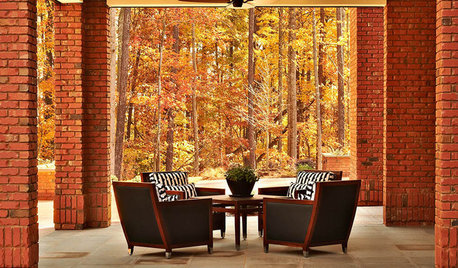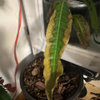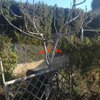actinovate for fire blight? and question about susceptibility
davidrt28 (zone 7)
10 years ago
Related Stories

GREEN DECORATING8 Questions to Help You See Through Green Hype
With the ecofriendly bandwagon picking up some dubious passengers, here's how to tell truly green products and services from the imposters
Full Story
WORKING WITH PROS9 Questions to Ask a Home Remodeler Before You Meet
Save time and effort by ruling out deal breakers with your contractor before an in-person session
Full Story
HEALTHY HOMEWhat You Need to Know About Dust and How to Fight It
Breathe easier with these 10 tips for busting mites, dander and other microscopic undesirables
Full Story
MOST POPULARWhat to Know About Adding a Deck
Want to increase your living space outside? Learn the requirements, costs and other considerations for building a deck
Full Story
FUN HOUZZDecorated Houses Help Save a Detroit Neighborhood
Art's a start for an inner-city community working to stave off urban blight and kindle a renaissance
Full Story
HEALTHY HOMESleep Happier and Healthier in a Toxin-Free Bedroom
Light pollution, toxic bedding, wallpaper that off-gases ... if you're not getting good sleep, these bedroom blights might be to blame
Full Story
FLOORSIs Radiant Heating or Cooling Right for You?
Questions to ask before you go for one of these temperature systems in your floors or walls (yes, walls)
Full Story
NORTHEAST GARDENINGNortheast Gardener's July Checklist
Fire up your garden with sun-loving yellow and red blooms to put you in a party mood for outdoor summer fun
Full Story
ARCHITECTUREGet a Perfectly Built Home the First Time Around
Yes, you can have a new build you’ll love right off the bat. Consider learning about yourself a bonus
Full Story
GREEN BUILDING6 Green-Roof Myths, Busted
Leaky, costly, a pain to maintain ... nope, nope and nope. Get the truth about living roofs and see examples from simple to elaborate
Full StoryMore Discussions








Scott F Smith
davidrt28 (zone 7)Original Author
Related Professionals
Edmond Landscape Architects & Landscape Designers · Ballenger Creek Landscape Architects & Landscape Designers · Ballwin Landscape Architects & Landscape Designers · Manorville Landscape Architects & Landscape Designers · Quincy Landscape Architects & Landscape Designers · Newcastle Landscape Architects & Landscape Designers · Corona Landscape Contractors · Kailua Landscape Contractors · Long Branch Landscape Contractors · Lyndhurst Landscape Contractors · Old Saybrook Landscape Contractors · Pahrump Landscape Contractors · Wareham Landscape Contractors · Whittier Landscape Contractors · Maple Heights Landscape Contractorsalan haigh
Scott F Smith
davidrt28 (zone 7)Original Author
davidrt28 (zone 7)Original Author
Scott F Smith
iammarcus
swakyaby